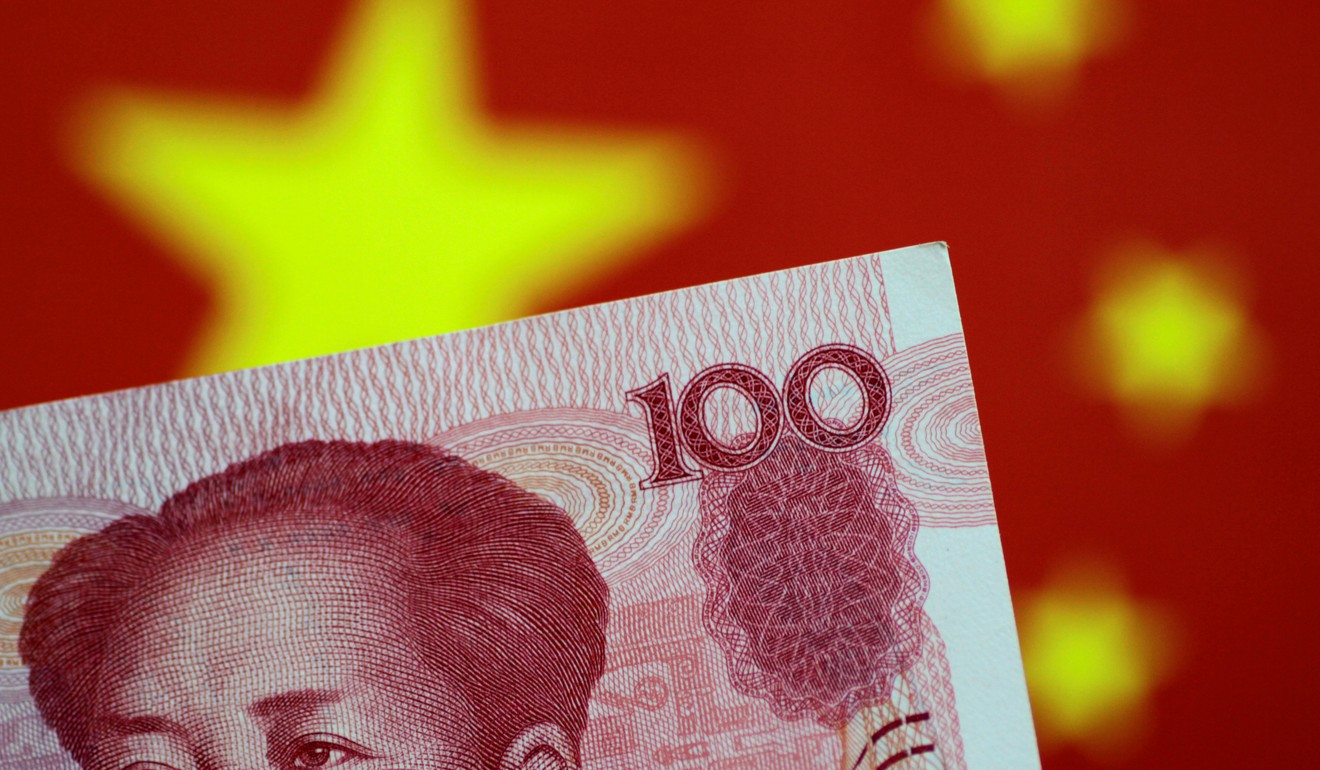
Vanguard knocks on China’s door to join crowded wealth management market
World’s largest mutual fund manager is one of a number of big-name firms trying tap the sector as it opens to foreign competition
Vanguard Group, the world’s biggest mutual fund manager, plans to sell onshore products in mainland China to tap an asset management market that is still largely off limits to foreign players, company executives say.
The company, which manages US$4.5 trillion in assets across the globe, is one of a number of big-name firms trying to navigate the red tape to get a slice of China’s wealth management market as it starts to open to foreign competition.
China’s private fund market was worth 10.21 trillion yuan (US$1.53 trillion) at the end of August, but it is crowded with 20,652 asset managers, according to data from the Asset Management Association of China (AMAC).
The process for Vanguard and other Western companies to enter the fray will not be easy. Vanguard completed the first step of setting up a wholly foreign-owned enterprise in the Shanghai free-trade zone earlier this year, joining others including JPMorgan Asset Management, BlackRock and Fidelity Investments.
Beijing began allowing foreign asset managers to open wholly-owned ventures and launch onshore products after striking a deal with the administration of former US president Barack Obama in 2016. Once set up, the Chinese subsidiaries of these companies then need approval from the government-backed AMAC to sell products to wealthy Chinese who have a minimum of 1 million yuan to invest.
Vanguard has yet to receive this approval, but it is not in a hurry, according to Clare Zhao, general manager of its China venture, Vanguard Investment Management (Shanghai).
“It will take some time for foreign fund management firms to get acquainted with the domestic regulatory and business environment,” Zhao said at a media briefing on Tuesday.

Fidelity International in January became the first global asset manager to register with the AMAC as a private fund management company, and it launched its first onshore bond fund in May.
For now, it is the only onshore fund offered by a global asset manager in China. But that is about to change, with UBS, Fullerton Fund Management and Man Investments all given the go-ahead to launch onshore products.
“Many foreign firms are waiting to see what happens because they’re concerned about capital and shareholding control, as well as being unfamiliar with China’s financial markets,” said Gary Liu, president of the China Financial Reform Institute, a Shanghai-based think tank.
Liu said although there had been plenty of talk about foreign fund managers getting access to the onshore market, the approval process was still complicated and capital controls were unlikely to be lifted in the short term.
“In theory, opening the market can be done immediately and doesn’t have too much impact ... But this has now become a test of whether the authorities really are willing to make these reforms,” he said.
Although China has indicated a willingness to open its financial markets wider to foreign competition after nearly two years of massive cash outflows, its rigid capital account controls and labyrinthine regulatory framework has made it tough for foreign players to crack the market.
In the banking sector, for instance, the combined share of foreign lenders is less than 2 per cent – even though China promised to open up the market when it joined the World Trade Organisation in 2001.
China’s stock market has the world’s second biggest capitalisation but foreign investors can only access it via limited channels such as the Qualified Foreign Institutional Investor scheme or the Shanghai-Hong Kong Stock Connect.
Foreign ownership in mutual and brokerage funds is mostly capped at 49 per cent, with the exception of a 70 per cent Hong Kong stake in Hang Seng Qianhai Fund Management.
Charles Lin, chief executive and legal representative of Vanguard in China, said it was committed to the market for the long term.
“We are not going to adjust our China market strategy on short-term policy changes or market volatility … but we’re looking at it over 10 or 20 years,” Lin said.

